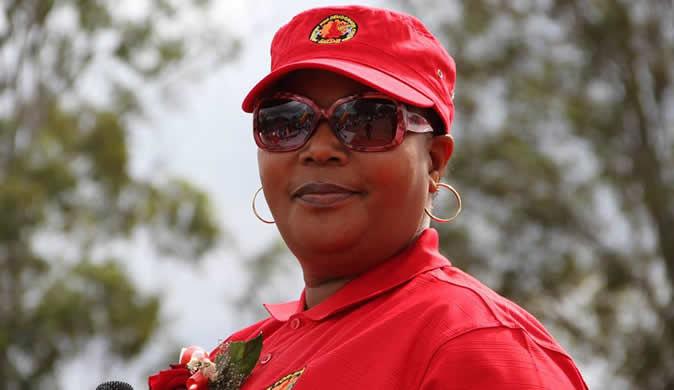
EDITORIAL COMMENT
The ongoing destabilisation of opposition-controlled urban councils as part of a battle for power in the MDC ranks is one of the most cynical attacks on Zimbabwe’s nascent democracy.
Following a Supreme Court judgement early this year that confirmed Thokozani Khupe as the late Morgan Tsvangirai’s interim successor in the MDC-T, the former deputy prime minister and her supporters have been methodically recalling their MDC Alliance rivals from Parliament and from urban councils.
The recalls are bizarre because Khupe is removing MPs and councillors from a party that defeated her MDC-T in previous elections.
She will argue that whatever she is doing is backed by the Supreme Court ruling, but for voters and neutral observers, her manoeuvres stink to high heavens.
It has become clear that recalls, especially of councillors in Harare and Bulawayo, have become a political tool rather than a means to enforce discipline.
The recalls are coming at a huge cost to service delivery in these cities that were already reeling under the weight of a collapsing economy and the outbreak of Covid-19.
Bulawayo and Harare residents are struggling to get adequate drinking water daily and their local authorities are not delivering basic services such as refuse collection due to a myriad of problems.
- Chamisa under fire over US$120K donation
- Mavhunga puts DeMbare into Chibuku quarterfinals
- Pension funds bet on Cabora Bassa oilfields
- Councils defy govt fire tender directive
Keep Reading
A paralysis of their elected leadership is bound to exacerbate the decay and this is why the removal of councillors does not make any sense.
MDC-T is aware that these recalled councillors cannot be immediately replaced because of the ongoing moratorium on by-elections by the Zimbabwe Electoral Commission following the public health emergency caused by the Covid-19 pandemic.
The removal of elected leadership at the grassroots level for political expediency is bound to add to the woes of Zimbabwe’s long-suffering urban dwellers.
MDC-T’s machinations will certainly open the door for Zanu PF to push for handpicked commissions to run these cities as it has done in the past in the case of Harare with disastrous consequences.
Previous experiments clearly showed that commissions appointed on partisan lines and in defiance of voting patterns were an unmitigated disaster.
It was during the tenure of government-appointed commissions when service delivery in Harare ground to a halt.
The now frequent outbreaks of mediaeval diseases such as cholera and typhoid in the capital city are a legacy of that adulteration of representative democracy.
Khupe and her group need to pause and reflect on the path they have chosen lest history judges them harshly.











